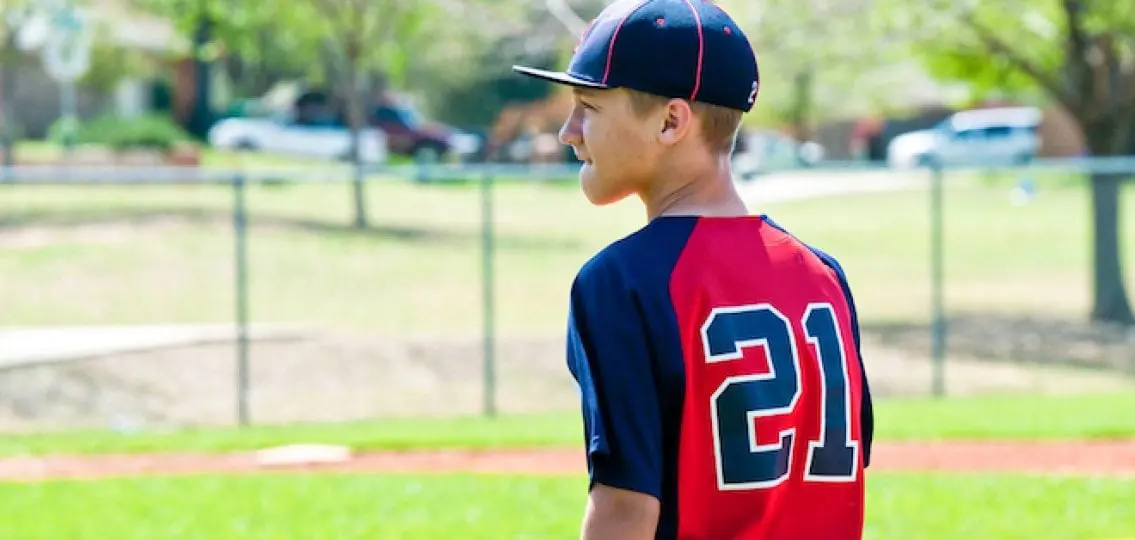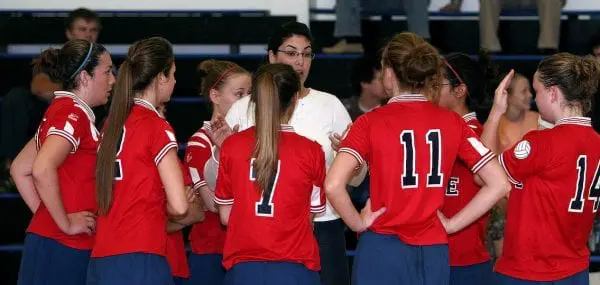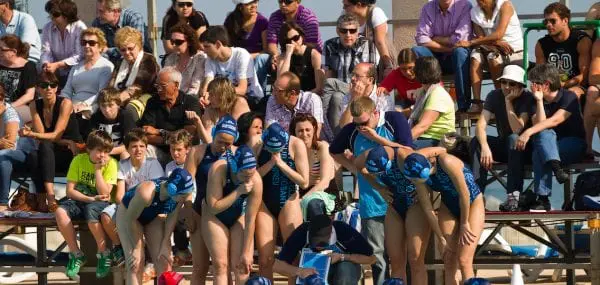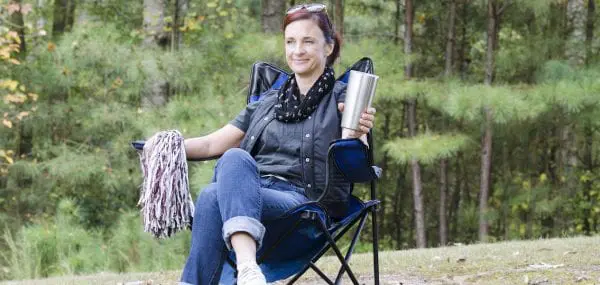My son is almost 14 years old, my daughter twelve. Each is starting to ask questions about my life, my history, my regrets. I’ve always felt open about sharing—within reason—my experiences. I want them to know I messed up, said things that hurt others, and found a way to grow from my mistakes. It would be counterproductive for me to create a false history, giving them the illusion that their father was anything close to perfect.
So, when my kids ask me if I have regrets, I say, “Yes.” But I’m quick to talk about what role they play for me now, and how I use them to help me improve.
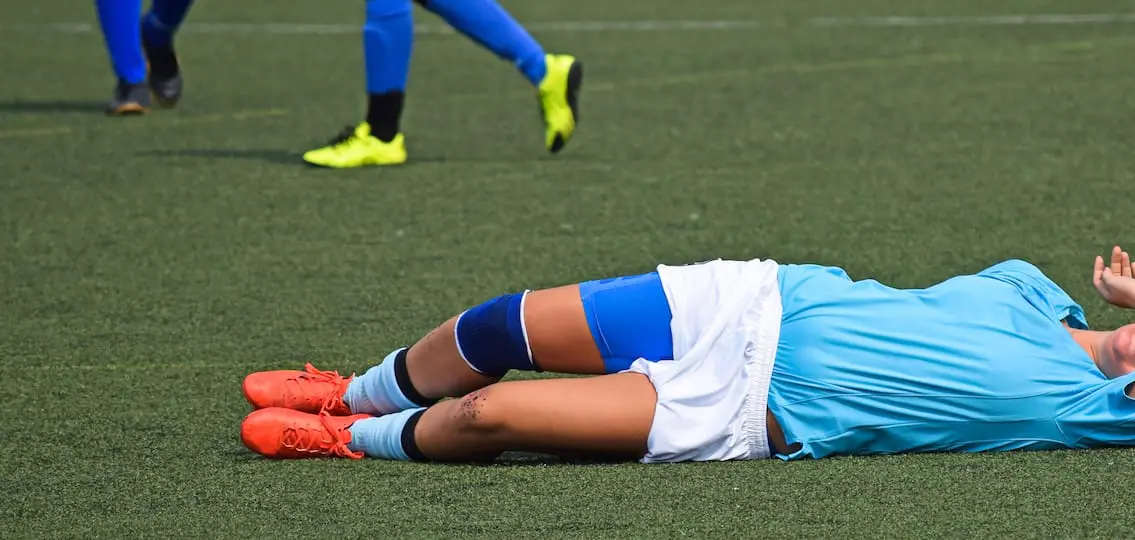
My biggest regret is quitting baseball in tenth grade. For years, the sport defined me. Nothing excited me more than the smell of spring, a well-oiled leather glove, and digging into the batter’s box. But by the time I reached high school, the pressure to succeed got to me. Fear replaced the fun I’d experienced in earlier years. I started dreading games, afraid that I’d bobble a grounder or—God forbid—strike out. I was no longer sitting on the bench with my best friends, laughing it up; we were teenagers, silently chewing sunflower seeds, wondering who was going to start and who would be riding the pine.
I found a hundred reasons why I didn’t want to play any longer: the coaches were too serious, the games too stressful, my real friends weren’t on the team. But in reality, it was all because I was afraid of failure.
So, I told my parents I wanted to quit.
My father was solemn. I’ll never forget what he said to me: “It’s your decision, David. But if you quit, you will regret it.”
Boy was he right. I think I knew it at the time, but I laced my fingers behind my head and said, “It’s all good.” I stuffed the memory of baseball in the bottom of my closet and covered it with a pile of dirty socks and wool blankets. There it sat. I hid other regrets there as well, but quitting baseball was the biggest lump in the closet. For years I told people I’d lost interest, moved on. But, every time I walked by a baseball field, my heart ached.
I quit other things too, and eventually, I recognized the pattern. My default behavior was—when things got tough—to find a way around the obstacle. I turned down opportunities because they made me uncomfortable. I valued safety and security over adventure.
Yet, somehow this never sat well with me, and I knew that to be fulfilled, I’d need to push myself.
I was in my thirties before I made a conscious decision to start walking into fear, and each time I did, I remembered what quitting a sport felt like—the pain of not knowing what might have been was far greater than any pain induced by the irrational fears that used to run my life. It’s been a long fight—one I continue to battle—but I’m winning.
My son and daughter are both athletes. He lives for soccer and she enjoys basketball. He says he’s going to be a professional soccer player someday, and basketball is just one of her many interests.
I see myself in my son. He is beginning to navigate his way through teenagehood, and for the first time, there are hints of frustration with the sport. I don’t want to assume he’s going to follow in his father’s footsteps, but I do wonder. I’ve told him my story; he knows how much I loved baseball and that quitting is my biggest regret. He also knows that—should he choose to stop playing someday—it’s his decision. If it comes to this, I will likely say what my father told me. He also knows that my regret has made me a more disciplined adult.
As parents, we want to ensure that our kids don’t repeat our mistakes. I certainly don’t want my son to quit the sport he loves and always wonder where it might have taken him. I don’t want my daughter to walk away from a big opportunity because she’s afraid. But, if this does happen, and either one carries a deep regret, it’s not the end of the world.
It will be my job as a parent to help them see that regret can be examined, held at eye level, where they can accept that it is just one piece of a complex, ever-changing puzzle, and understand that it does not define them.

It’s my hope that they will use it to their advantage, knowing that it’s something to be called upon in times of uncertainty and weakness. They will use it—not as a shameful memory to share over drinks—but as a catalyst to finally learn to play the guitar, to face a fear of flying, to know that in trying times the hardest thing to do is often the best choice.
